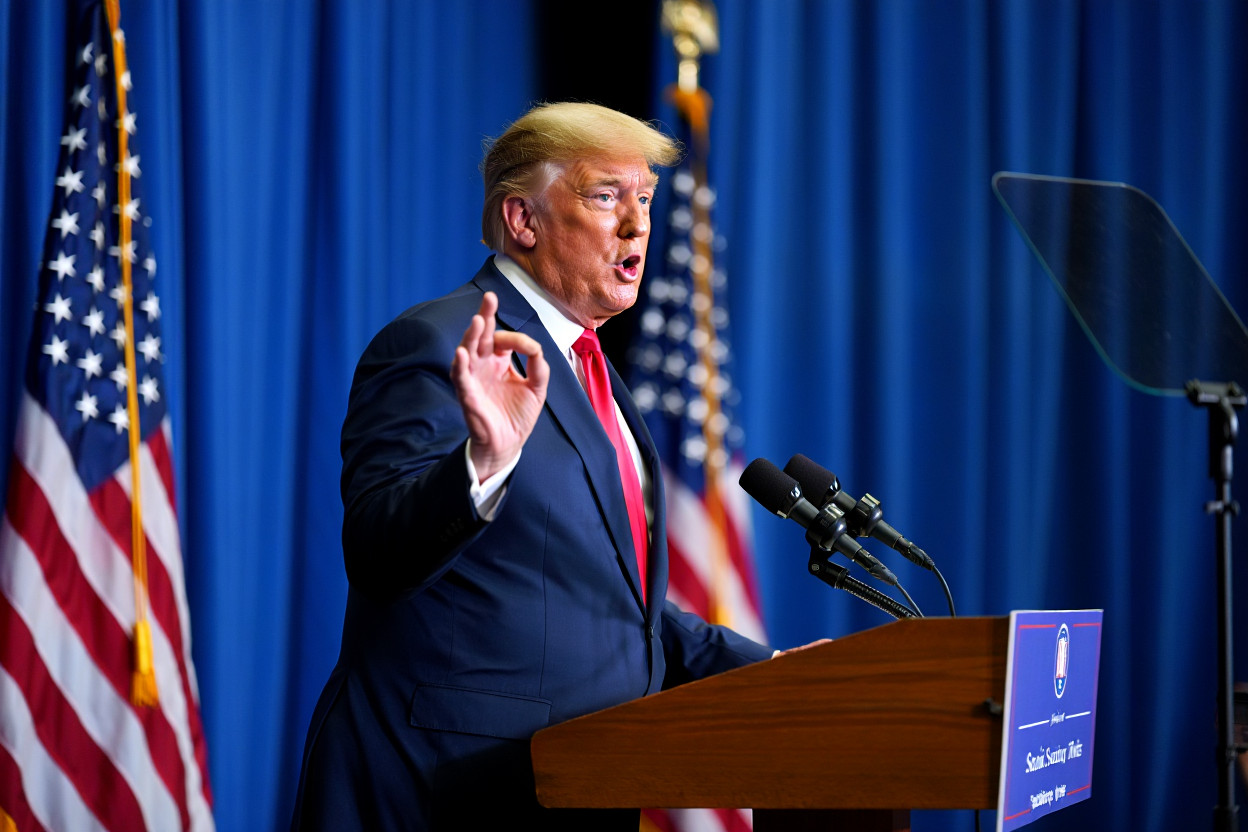Social Security Alerts, News & Updates
Trump Seeks Supreme Court’s Help for DOGE Access to Social Security

A Maryland federal court previously issued an injunction limiting the newly established department’s ability to examine Social Security databases. The presiding judge cited substantial privacy implications under existing federal statutes designed to protect sensitive personal information. This judicial intervention has prompted an unprecedented legal confrontation between executive authority and privacy safeguards established by Congress.
The administration’s legal framework asserts that DOGE requires unrestricted database access to fulfill its congressional mandate of identifying inefficiencies and preventing fraud across federal operations. Government attorneys argue that judicial restrictions compromise essential oversight functions and create dangerous precedents for future administrative investigations.
This case represents a crucial test of executive power boundaries and privacy protections in an era of expanding digital government operations. The outcome will establish important legal precedents regarding federal agency access to citizen data and the judiciary’s role in regulating such activities.
Federal Court Establishes Privacy Safeguards
U.S. District Judge Ellen Hollander’s comprehensive ruling established specific parameters governing DOGE’s interaction with Social Security Administration databases. Her judicial opinion emphasized constitutional privacy rights and statutory protections Congress enacted to safeguard citizen information from unauthorized governmental access.
The court determined that unrestricted access would violate established privacy frameworks protecting Social Security beneficiaries. Judge Hollander’s decision reflects decades of jurisprudence balancing governmental oversight needs against individual privacy rights guaranteed under federal law.
According to the court’s analysis, DOGE personnel may access redacted or anonymized information only after completing rigorous qualification procedures. These requirements include:
- Completion of certified privacy law training programs
- Successful passage of comprehensive background investigations
- Formal acknowledgment of data protection responsibilities
- Demonstrated compliance with federal information security standards
These restrictions align with established precedents governing interagency data sharing and reflect congressional intent to protect Social Security information from unauthorized disclosure. The court’s framework attempts to balance legitimate oversight objectives with statutory privacy mandates.
Constitutional Arguments Frame Executive Authority
Solicitor General John Sauer has articulated the administration’s position through formal Supreme Court filings, characterizing the lower court’s intervention as unconstitutional judicial overreach into executive branch operations. His legal argument centers on separation of powers principles and the president’s constitutional authority to oversee federal agencies.
The government’s brief contends that Judge Hollander exceeded judicial authority by imposing operational restrictions on executive departments investigating potential waste and abuse within government programs. This argument reflects broader administrative concerns about judicial interference with presidential prerogatives.
“The district court’s flawed injunction forecloses the executive branch from carrying out pressing priorities of modernizing government information systems and ferreting out fraud, waste, and abuse,” Sauer wrote in official court documents. His filing emphasizes that citizens provide information to federal agencies with implicit understanding that authorized government personnel may access such data for legitimate purposes.
Legal scholars note this case presents fundamental questions about data governance in modern administrative states. The Supreme Court’s decision will likely influence future disputes involving government access to citizen information across multiple federal databases.
Procedural History Shapes Legal Strategy
The administration’s Supreme Court petition follows unsuccessful attempts to overturn Judge Hollander’s restrictive order through standard appellate channels. The Fourth Circuit Court of Appeals declined to grant emergency relief, prompting direct appeal to the nation’s highest judicial authority.
This expedited Supreme Court review request reflects urgency surrounding DOGE’s operational timeline and broader administrative priorities. The department’s leadership maintains that judicial restrictions severely hamper efforts to identify billions in potential savings through enhanced oversight mechanisms.
White House spokeswoman Liz Huston confirmed the administration’s commitment to pursuing all available legal remedies. Her statement to the Washington Examiner emphasized executive determination to implement voter-approved governmental efficiency initiatives despite judicial resistance.
The Supreme Court faces a complex balancing act between respecting lower court findings and evaluating constitutional questions about executive authority. Justices must consider whether nationwide injunctions appropriately limit presidential powers or represent necessary checks on administrative overreach.
Implications for Federal Data Governance
This litigation establishes critical precedents for future disputes involving government access to citizen databases. The outcome will influence how federal agencies share information and conduct internal investigations across departmental boundaries.
Privacy advocates argue that unrestricted access creates dangerous precedents for governmental surveillance and potential misuse of personal information. They emphasize that Social Security databases contain extensive biographical, financial, and medical information requiring stringent protection.
Government efficiency proponents counter that artificial barriers between federal databases prevent effective oversight and enable continued waste. They maintain that proper safeguards can protect privacy while allowing necessary administrative functions.
The Supreme Court’s decision will shape federal data governance policies for decades. Justices must weigh competing interests of governmental efficiency, individual privacy, and constitutional separation of powers in establishing appropriate boundaries.
Expert Analysis of Legal Precedents
Constitutional law experts observe that this case intersects multiple areas of jurisprudence, including administrative law, privacy rights, and separation of powers doctrine. The Supreme Court’s ruling will likely reference landmark decisions establishing limits on both executive authority and judicial intervention.
Previous Supreme Court decisions have recognized inherent tensions between governmental oversight needs and privacy protections. The Court has generally required specific statutory authorization for broad data access while acknowledging executive branch discretion in internal operations.
This case presents unique challenges because DOGE operates under recently enacted legislation with ambiguous data access provisions. The Court must interpret congressional intent while respecting established privacy frameworks protecting Social Security information.
Legal analysts suggest the Court may seek middle ground, potentially allowing limited access with enhanced safeguards rather than endorsing either absolute restriction or unrestricted access. Such compromise would reflect the Court’s historical approach to balancing competing constitutional values.
The administration’s emphasis on fraud prevention and governmental efficiency resonates with conservative judicial philosophy favoring executive discretion. However, privacy concerns and statutory limitations present compelling counterarguments that transcend traditional ideological divisions.
Ultimately, this case will establish important boundaries for digital age governance, influencing how federal agencies collect, share, and protect citizen information in an increasingly interconnected administrative state.